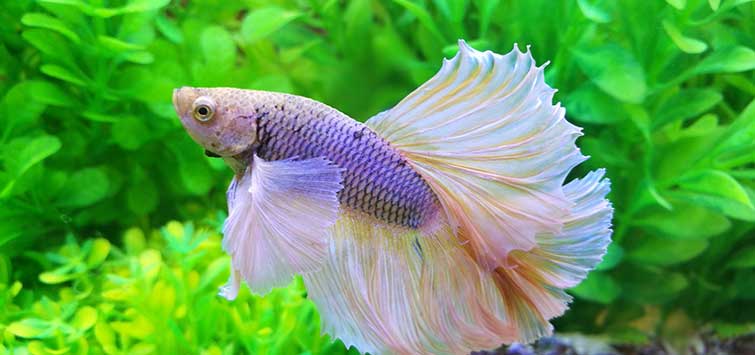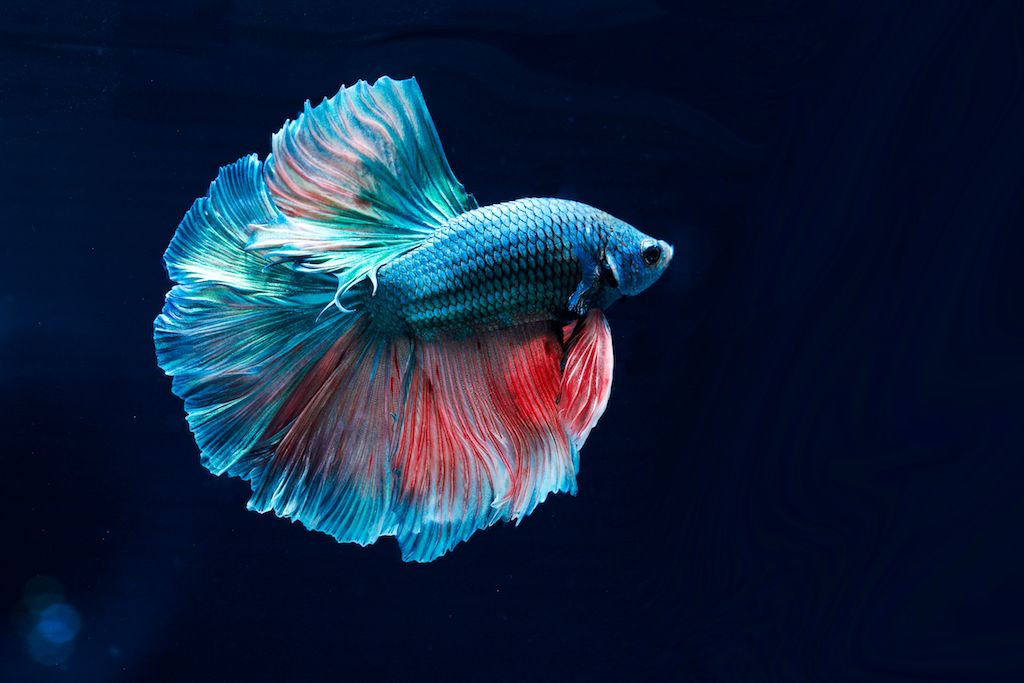The Ultimate Betta Fish Care Overview for New Pet Owners
The Ultimate Betta Fish Care Overview for New Pet Owners
Blog Article
All About Betta Fish: Understanding Their One-of-a-kind Requirements, Behavior, and the most effective Practices for Ideal Treatment
Recognizing the one-of-a-kind needs and actions of Betta fish is essential for any type of aquarist seeking to give optimum treatment. These fascinating animals, belonging to the cozy waters of Southeast Asia, display unique territorial propensities and need specific ecological conditions to grow. From choosing the right container dimension to identifying potential health and wellness problems, numerous elements substantially influence their well-being. As we discover these aspects even more, the implications for both novice and knowledgeable fish caretakers come to be increasingly apparent, questioning regarding just how finest to suit these impressive fish in our homes.
Betta Fish Review
Although frequently admired for their vibrant shades and flowing fins, Betta fish, scientifically recognized as Betta splendens, are complicated animals that call for details like thrive. Stemming from Southeast Asia, these freshwater fish are known for their territorial nature and distinct habits. Betta fish exhibit sex-related dimorphism, with men displaying a lot more vivid colors and longer fins than ladies.
Their hostile tendencies, particularly amongst males, demand mindful consideration when housing them. Bettas are usually maintained in single-specimen tanks to avoid territorial conflicts. Nonetheless, they can exist together in harmony with particular suitable types in bigger area storage tanks, gave the atmosphere meets their demands.

To guarantee optimal care, aquarists have to comprehend their distinct behavior qualities, nutritional requirements, and habitat needs. betta fish. With appropriate focus, Betta fish can show their vibrant personalities and grow in a well-maintained aquarium setting
All-natural Environment and Environment
Betta fish grow in a varied variety of natural environments, mainly located in the shallow waters of Southeast Asia, including rice paddies, swamps, and slow-moving streams. These atmospheres are defined by warm temperatures, normally between 75 ° F and 82 ° F(24 ° C and 28 ° C ), and a pH level varying from 6.5 to 7.5, which is optimal for their wellness and well-being.
In their all-natural environments, Betta fish are accustomed to thick greenery, offering both shelter and breeding premises. The visibility of plants such as drifting water lilies and thick grasses not just uses protection from predators yet additionally adds to the oxygenation of the water, which is necessary for their breathing demands. Additionally, these environments commonly have areas of still water, permitting Betta fish to display their all-natural actions such as bubble nesting.
Recognizing the natural environment of Betta fish is vital for fish tank fanatics. Reproducing these problems-- via water temperature, pH balance, and the addition of real-time plants-- can significantly improve the general wellness and long life of these fascinating fish, guaranteeing they flourish in a home fish tank setup.
Social Habits and Interactions
Understanding the social behavior and interactions of Betta fish is crucial for successful aquarium monitoring. Betta fish, or Siamese battling fish, are known for their unique behavioral characteristics, characterized mainly by territoriality and hostility.
On the other hand, women Bettas exhibit much less hostile actions and can exist side-by-side in teams, known as sororities, if presented effectively. However, it is important to check their interactions carefully, as hierarchy and supremacy can lead to disputes. Comprehending the dynamics within a Betta neighborhood is important; establishing hiding spots and ensuring sufficient room can reduce hostility.
Furthermore, Betta fish may additionally show interest and social habits towards various other types. Home Page While they can coexist with particular non-aggressive tank companions, it is important to select compatible types to avoid tension and hostility. Generally, identifying these social communications is crucial to fostering an unified fish tank atmosphere for Betta fish.
Necessary Treatment Standards
Providing proper care for Betta fish is crucial to their wellness and health. Routine water modifications-- about 25% weekly-- aid preserve water quality.
Betta fish need an ideal tank size; a minimum of 5 check my reference gallons is advised to offer ample area for swimming and hiding. Consist of decorations and plants to develop a stimulating atmosphere, yet prevent sharp items that could hurt their fragile fins.

Lastly, guarantee the tank is furnished with a filter to maintain the water clean, however utilize a gentle filter to stay clear of solid currents that can stress the fish. By adhering to these essential treatment guidelines, proprietors can promote a healthy and vibrant Betta fish.
Common Health Issues and Solutions
In the treatment of Betta fish, recognition of typical health and wellness issues is essential for maintaining their well-being. One prevalent concern is fin rot, often brought on by poor water high quality or bacterial infection. Signs include torn or blemished fins. To treat fin rot, improve water conditions and consider making use of a broad-spectrum antibiotic.
Another common ailment is ich, a parasitic infection defined by white spots on the fish's body (betta fish). Therapy includes raising water temperature and adding aquarium salt to the storage tank, as this can aid remove the parasite
Swim bladder problem is likewise often observed, bring about buoyancy issues. This problem may occur from overfeeding or irregular bowel movements. A fasting period websites of 24-48 hours, complied with by a diet regimen of blanched peas, can supply relief.
Finally, bettas may struggle with velvet condition, indicated by a gold dust-like appearance on their skin. Treatment usually requires medication particularly designed for outside bloodsuckers, alongside enhanced tank health.
Normal surveillance of water parameters, keeping a tidy environment, and providing a balanced diet are vital safety nets. By addressing these health and wellness problems promptly, Betta fish can lead healthier, much more dynamic lives.
Conclusion
In recap, effective betta fish treatment requires an understanding of their special requirements and behaviors. Routine monitoring of wellness and water quality, along with a well balanced diet regimen, adds to the long life and vibrancy of betta fish.
Report this page